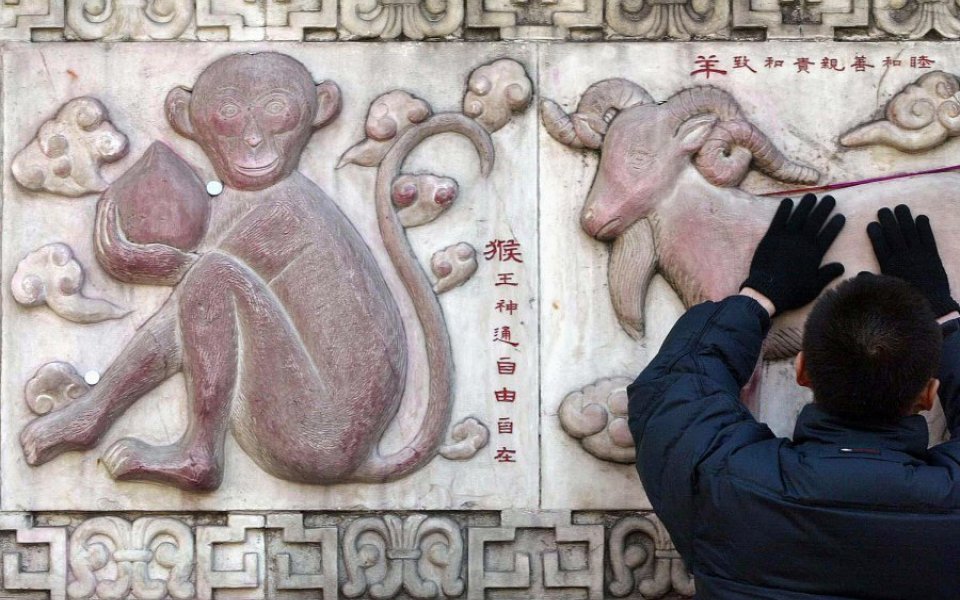Year of the Monkey: We must be innovative and adaptable to strengthen China ties

The Year of the Monkey starts today as we celebrate Chinese New Year. With London hosting the biggest celebrations outside of Asia, the zodiac animal has two particular attributes that I also think help define our modern City: our adaptability and innovativeness.
The importance of China to both the City and the wider UK is a story that has been told many times. It is why it was a fantastic opportunity for us as a nation to host the Chinese state visit last year. When President Xi came to the UK, it was not just an opportunity to sign billions of pounds worth of commercial deals in front of the cameras at the Mansion House. It was arguably an even more significant moment, showing how the ties between our two countries have strengthened over the past few years.
This goes a long way to explain why former chief secretary to the Treasury Sir Danny Alexander was appointed last week as one of the vice-presidents of the Asian Infrastructure Investment Bank. Clearly Sir Danny has the experience and aptitude to do well in the job, but the appointment also serves to link us more closely with an organisation that is going to help unlock enormous financial sector opportunities across Asia for British firms. It is precisely why we were the first western country to back the creation of the bank and the chancellor threw so much political weight behind it when he supported its announcement at the time.
When we think of adaptable and innovative, we can also point to the City’s initiative to help establish London as a western hub for renminbi (RMB) business. Launched back in 2012, it made sense given our position as an open market and the fact that over 40 per cent of the world’s foreign exchange activity happens in London. And we need to grab this opportunity with both hands. Our own research with SWIFT from last year showed that the RMB is now the sixth most-used currency by value between the UK and Asia-Pacific region.
A large part of this work is about bringing together the private and public sectors. They work on the technical, infrastructure and regulatory issues relevant to the development of this centre in London and help maximise our ability to trade, clear and settle RMB. When I was in New York last week, I saw just how well this is working. From my discussions there, it was clear that the US market for RMB is developing, but the country also recognises that it has a long way to go to catch up with the UK.
There, of course, remains a large amount of volatility in Chinese stock markets. This is because they are relatively new and in the process of rapidly opening up, so this is not unexpected. And while the growth forecasts for the nation might have been stuttering a little recently, we cannot relent in our efforts to build these economic ties. To win deals, to trade with China, to exploit the opportunities aplenty, businesses need to be adaptable and they need to be innovative.